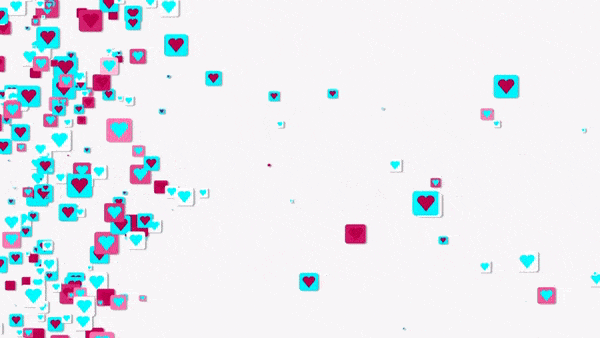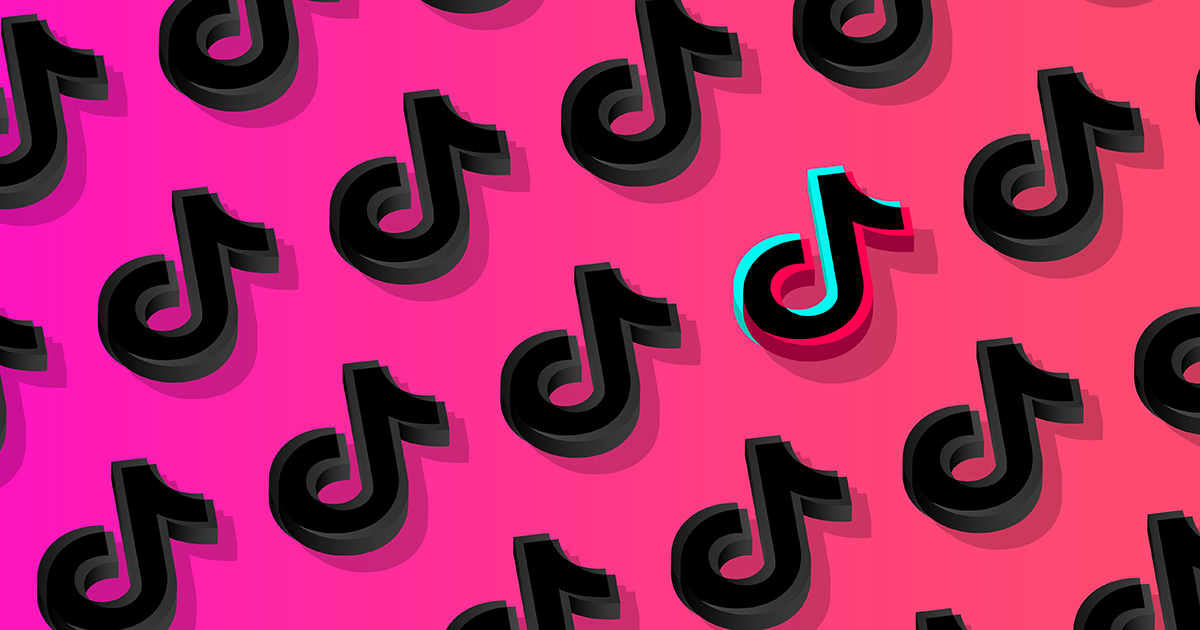
Confirmation in case any is needed: TikTok isn’t social media, it’s an entertainment platform.
“Truthfully, we are not really a social platform,” says Carly Zipp, global head of B2B marketing at TikTok. “We’re an entertainment platform.”
Zipp was speaking on stage at the 2022 NAB Show with NAB’s VP of Content Design & Development, Jonathan Toomey, where she emphasized why TikTok is the future of entertainment marketing.
READ MORE: Hey, Sam! How Is Streaming Impacting the TV and Video Marketplace? (NAB Amplify)
“First of all, we are entertainment that connects,” Zipp elaborated. “TikTok is not one-way entertainment in that you’re watching something, but you have no way to interact. We’re entertainment that you can interact with. We make you lean in; we make you discover, and that is a two-way conversation.
“That’s the difference between TikTok and some of our competitors in this space. So, we say, culture really starts on TikTok, or cultures built off of TikTok.”
SOCIAL MEDIA, WEB3 AND HUMANITY’S DIGITAL FUTURE:
Technology and societal trends are changing the internet. Concerns over data privacy, misinformation and content moderation are happening in tandem with excitement about Web3 and blockchain possibilities. Learn more about the tech and trends driving humanity’s digital future with these hand-curated articles from the NAB Amplify archives:
- The TikTok-ing of Western Civilization
- Web3 and the Battle for the Soul of the Internet
- Our Collective (and Codependent) Relationship with Data
- Want to Fix Social Media? Stop Listening to the Bots and Algos
- Social Media Is a Disaster for Democracy, But Who’s Going to Change It?
The video-based social platform has taken the market by storm over the last couple of years, propelled by the pandemic-induced demand for people to connect.
“It’s definitely been a rocket ship,” described Zipp, who has worked for the company (owned by ByteDance) for two years.
“Even really the past year alone we’ve seen a massive shift in user behavior and user engagement, but I think what’s most important to remember is TikTok is not about one person or one influencer. TikTok is about the community and everything we do is rooted in community. Everything we do is built by our community. We are not pushing things one way or another. We let the community do the talking for us.”
“TikTok is not one-way entertainment in that you’re watching something, but you have no way to interact. We’re entertainment that you can interact with. We make you lean in; we make you discover, and that is a two-way conversation.”
— Carly Zipp
Widely considered a Gen Z focus group, TikTok users in the 10–25-year-old range actually comprise just 28% of users.
“TikTok really spans across multi-generations that are connecting with one another in different types of communities. The cool thing about TikTok is you are going to find a community that you connect with, and the platform is going to help you connect with those people.”
The trick for brands wanting to connect with communities is to be “authentic,” and that goes double when working with creators on the platform.
“As a brand you have to listen to what people are saying. There’s nothing worse than being felt like you’re being inundated with advertising. Authentic is an overused word but when you can think in the way your [audience] wants – like what are they talking about? What do they care about? — brands have found true success.”
Watch the full interview here:
Similarly, Zipp’s advice to working with a creator: “You have to let that creator be their authentic selves. You can’t force a creator to do something or to act a certain way because then they’re not being authentic to who they are. People don’t want fake anymore. They want authentic. I think that’s why you see TikTok creators, do very well because they are kind of just relatable people.”
TikTok want to be the place where studios, creators and fans co-create in community with people just as passionate as they are about the stories they love.
CRUSHING IT IN THE CREATOR ECONOMY:
The cultural impact a creator has is already surpassing that of traditional media, but there’s still a stark imbalance of power between proprietary platforms and the creators who use them. Discover what it takes to stay ahead of the game with these fresh insights hand-picked from the NAB Amplify archives:
- The Developer’s Role in Building the Creator Economy Is More Important Than You Think
- How Social Platforms Are Attempting to Co-Opt the Creator Economy
- Now There’s a Creator Economy for Enterprise
- The Creator Economy Is in Crisis. Now Let’s Fix It. | Source: Li Jin
- Is the Creator Economy Really a Democratic Utopia Realized?
The platform calls it “community generated entertainment,” but you could also call it an entertainment engine and the results are massive.
In a pitch to brands, the company declares: “New audiences are converted to fans at scale and entertainment. Studios are able to engage with fans unlike anywhere else, no matter how or aware people watch their favorite content TikTok is the place where they come to live. It, the future of entertainment marketing is you and TikTok.”
Zipp says, “We definitely have a formula that I think other people are picking up on. There’s a lot of competition in the marketplace and a lot of desire for kind of the platform we provide. [However] we have a real mentality where we are swimming in our own lane. We are always looking forward. The minute we look to the side, that’s when we lose the race. So, we’re always looking forward on what are the features that our community wants.”


